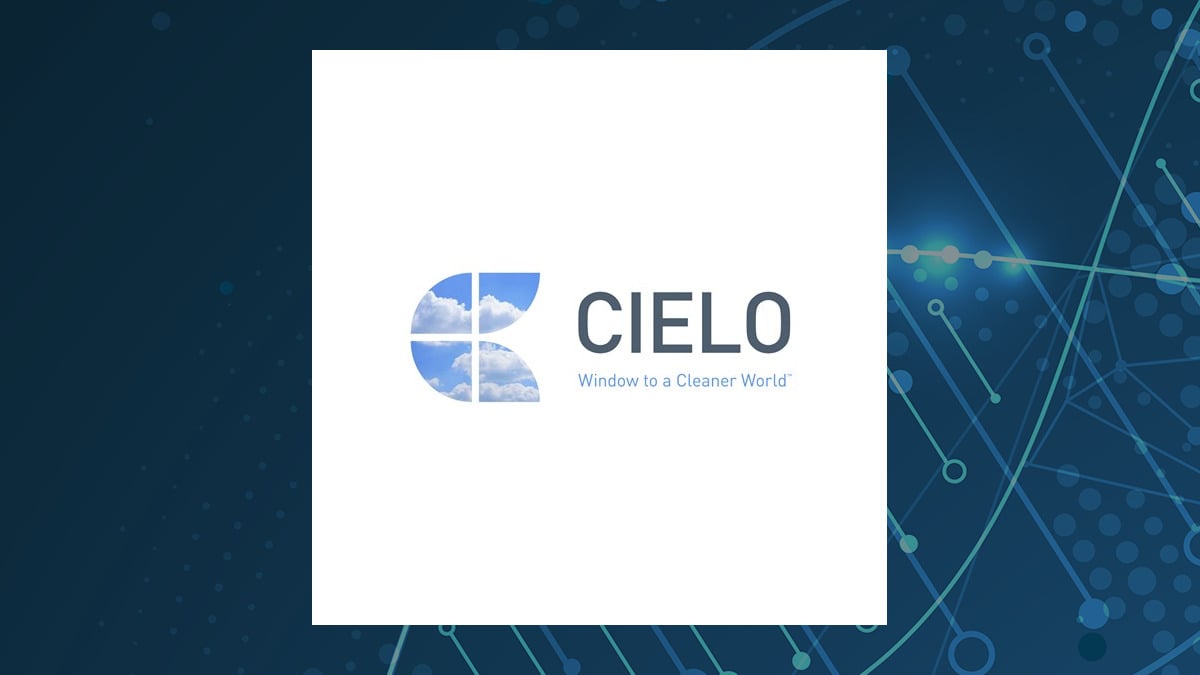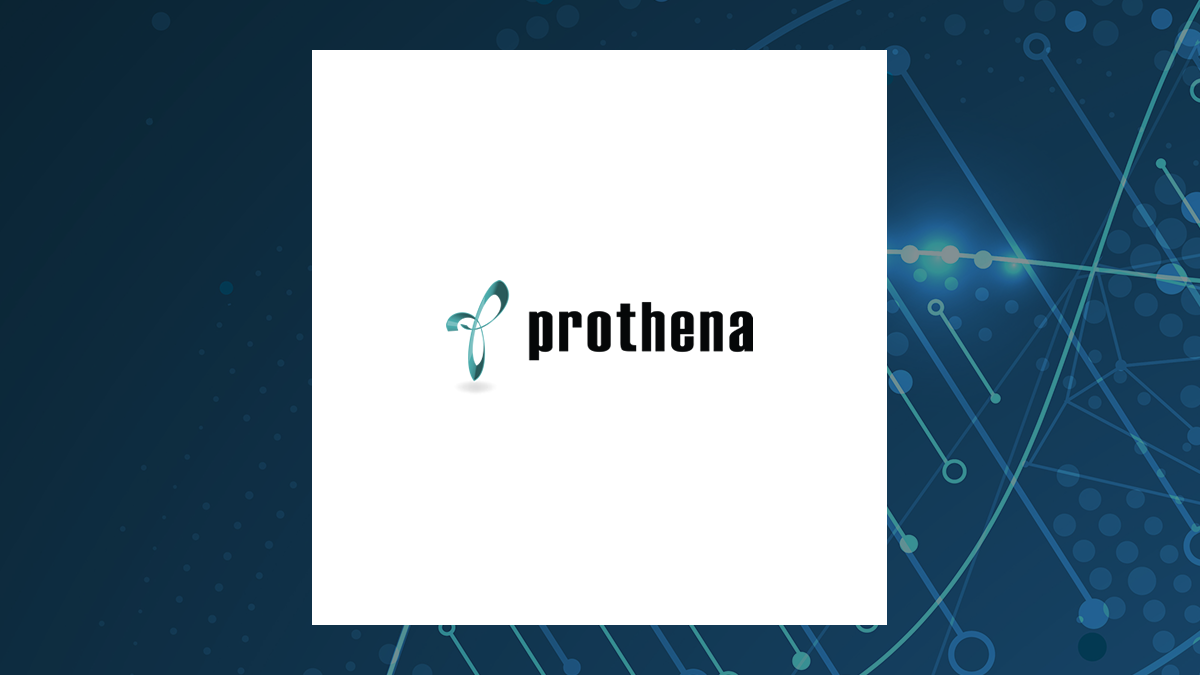KALA BIO (NASDAQ:KALA – Get Free Report) and Prothena (NASDAQ:PRTA – Get Free Report) are both small-cap medical companies, but which is the superior stock? We will compare the two companies based on the strength of their profitability, valuation, earnings, analyst recommendations, dividends, institutional ownership and risk.
Profitability
This table compares KALA BIO and Prothena’s net margins, return on equity and return on assets.
| Net Margins | Return on Equity | Return on Assets | |
| KALA BIO | N/A | -448.61% | -69.37% |
| Prothena | -98.86% | -24.19% | -20.59% |
Analyst Ratings
This is a summary of recent ratings for KALA BIO and Prothena, as reported by MarketBeat.com.
| Sell Ratings | Hold Ratings | Buy Ratings | Strong Buy Ratings | Rating Score | |
| KALA BIO | 0 | 0 | 2 | 0 | 3.00 |
| Prothena | 0 | 2 | 5 | 0 | 2.71 |
Volatility & Risk
KALA BIO has a beta of -2.03, indicating that its share price is 303% less volatile than the S&P 500. Comparatively, Prothena has a beta of 0.08, indicating that its share price is 92% less volatile than the S&P 500.
Earnings & Valuation
This table compares KALA BIO and Prothena”s gross revenue, earnings per share and valuation.
| Gross Revenue | Price/Sales Ratio | Net Income | Earnings Per Share | Price/Earnings Ratio | |
| KALA BIO | $3.89 million | 17.03 | -$42.20 million | ($12.47) | -0.87 |
| Prothena | $91.37 million | 8.12 | -$147.03 million | ($2.48) | -5.56 |
KALA BIO has higher earnings, but lower revenue than Prothena. Prothena is trading at a lower price-to-earnings ratio than KALA BIO, indicating that it is currently the more affordable of the two stocks.
Institutional & Insider Ownership
24.6% of KALA BIO shares are owned by institutional investors. Comparatively, 97.1% of Prothena shares are owned by institutional investors. 8.3% of KALA BIO shares are owned by insiders. Comparatively, 28.2% of Prothena shares are owned by insiders. Strong institutional ownership is an indication that endowments, hedge funds and large money managers believe a company will outperform the market over the long term.
Summary
Prothena beats KALA BIO on 9 of the 14 factors compared between the two stocks.
About KALA BIO
 KALA BIO, Inc., a clinical-stage biopharmaceutical company, engages in the research, development, and commercialization of innovative therapies for rare and severe eye diseases in the United States. The company's product candidates include KPI-012, which is in Phase 2b clinical trial for the treatment of persistent corneal epithelial defects. Its preclinical development product, including KPI-014 for the treatment of rare inherited retinal diseases. The company was formerly known as Kala Pharmaceuticals, Inc. and changed its name to KALA BIO, Inc. in August 2023. KALA BIO, Inc. was incorporated in 2009 and is headquartered in Arlington, Massachusetts.
KALA BIO, Inc., a clinical-stage biopharmaceutical company, engages in the research, development, and commercialization of innovative therapies for rare and severe eye diseases in the United States. The company's product candidates include KPI-012, which is in Phase 2b clinical trial for the treatment of persistent corneal epithelial defects. Its preclinical development product, including KPI-014 for the treatment of rare inherited retinal diseases. The company was formerly known as Kala Pharmaceuticals, Inc. and changed its name to KALA BIO, Inc. in August 2023. KALA BIO, Inc. was incorporated in 2009 and is headquartered in Arlington, Massachusetts.
About Prothena
 Prothena Corporation plc, a late-stage clinical biotechnology company, focuses on discovery and development of novel therapies to treat diseases caused by protein dysregulation in the United States. The company is involved in developing birtamimab, an investigational humanized antibody that is in Phase III clinical trial for the treatment of AL amyloidosis; Prasinezumab, a humanized monoclonal antibody, for the treatment of Parkinson’s disease and other related synucleinopathies which is in Phase IIb clinical trial; NNC6019 that is in Phase lI clinical trial for the treatment of ATTR amyloidosis; and BMS-986446 and PRX012, which is in Phase I clinical trial for the treatment of Alzheimer’s disease. Its discovery and preclinical programs include PRX123, a dual Aß-Tau vaccine for the treatment and prevention of Alzheimer’s disease; and PRX019 for the treatment of neurogenerative diseases, as well as TDP-43 for the treatment of amyotrophic lateral sclerosis. Prothena Corporation plc has a license, development, and commercialization agreement with F. Hoffmann-La Roche Ltd. and Hoffmann-La Roche Inc. to develop and commercialize antibodies that target a-synuclein, including prasinezumab; and a collaboration agreement with Bristol-Myers Squibb to develop and commercialize antibodies targeting tau, TDP-43. The company was incorporated in 2012 and is based in Dublin, Ireland.
Prothena Corporation plc, a late-stage clinical biotechnology company, focuses on discovery and development of novel therapies to treat diseases caused by protein dysregulation in the United States. The company is involved in developing birtamimab, an investigational humanized antibody that is in Phase III clinical trial for the treatment of AL amyloidosis; Prasinezumab, a humanized monoclonal antibody, for the treatment of Parkinson’s disease and other related synucleinopathies which is in Phase IIb clinical trial; NNC6019 that is in Phase lI clinical trial for the treatment of ATTR amyloidosis; and BMS-986446 and PRX012, which is in Phase I clinical trial for the treatment of Alzheimer’s disease. Its discovery and preclinical programs include PRX123, a dual Aß-Tau vaccine for the treatment and prevention of Alzheimer’s disease; and PRX019 for the treatment of neurogenerative diseases, as well as TDP-43 for the treatment of amyotrophic lateral sclerosis. Prothena Corporation plc has a license, development, and commercialization agreement with F. Hoffmann-La Roche Ltd. and Hoffmann-La Roche Inc. to develop and commercialize antibodies that target a-synuclein, including prasinezumab; and a collaboration agreement with Bristol-Myers Squibb to develop and commercialize antibodies targeting tau, TDP-43. The company was incorporated in 2012 and is based in Dublin, Ireland.
Receive News & Ratings for KALA BIO Daily - Enter your email address below to receive a concise daily summary of the latest news and analysts' ratings for KALA BIO and related companies with MarketBeat.com's FREE daily email newsletter.
